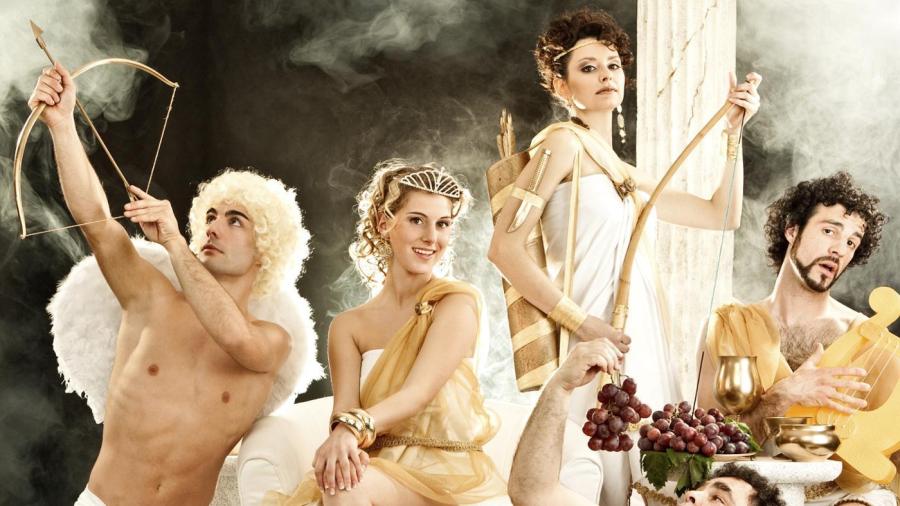Why Did the Greeks Have so Many Gods?

The Greeks created gods like Athena, Ares, Hades, Poseidon and Hera to explain the world around them. They relied on the gods to explain natural phenomenon, provide authority to the ruling class and entertain the masses. Most city-states had at least one particular god they honored. They would celebrate and worship that god through the building of temples, participation in festivals, sports competitions and sacrifices.
There are 12 Greek gods located on Mount Olympus, the highest mountain in Greece. The main leader of the Greek gods was Zeus, known for yielding the thunderbolt. Different gods controlled different aspects of life such as love, war, the hunt, harvest and afterlife in the underworld. One of the natural phenomenon that the Greeks used the gods to explain was creation. Another was the story of the great flood.
The Greek gods resembled humans in many of their characteristics. They expressed themselves through the human emotions of anger, lust, jealousy, love, passion and compassion. The main difference between gods and humans were that the gods were immortal and powerful. The stories of the gods were passed on orally through family members and storytellers and are so entertaining, they are still used in popular culture.





